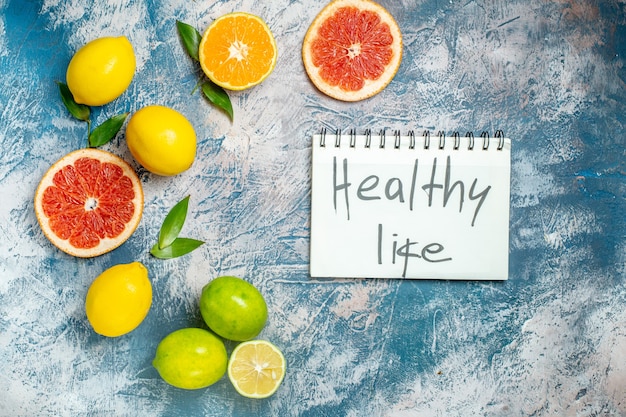
Today, maintaining a healthy lifestyle is more convenient due to a variety of products available in the market, particularly nutritional supplements. These can come in forms like tablets, powders, gummies, or drinks, and they provide essential vitamins your body needs to function well. However, it’s important to understand that not all supplements are suitable for everyone, so you should carefully check the ingredients to find the ones that meet your dietary needs.
Here’s what you need to know about nutritional supplements:
Different supplements work in various ways, and their effectiveness can vary. They can supply necessary vitamins and minerals that might be missing from your diet. Remember, supplements are meant to complement a healthy diet, not replace it.
Before starting any supplement, it’s crucial to understand how it works and why you might need it. For example, vitamin D supplements can help strengthen your bones and reduce bone loss. Folic acid can lower the risk of birth defects, while omega-3 fatty acids are beneficial for heart health. For those with vision problems, a mix of vitamins E, C, zinc, and copper can be helpful.
Supplements have active ingredients that provide nutritional and health benefits, but they can also cause side effects, especially if you’re using a new product or taking the wrong dosage. Combining supplements with certain medications can also lead to adverse reactions, so it’s essential to talk to your doctor and inform them about any supplements you’re considering. Your nutritionist can recommend the best supplements and dosages for you. Additionally, some supplements shouldn’t be taken before surgery due to potential interactions with anesthesia.
There’s a wide range of supplements on the market, which means it’s easy to come across counterfeit products. It’s important to only buy from reputable manufacturers who follow strict guidelines to ensure high quality. These companies comply with FDA regulations to guarantee the identity, purity, and correct nutrient composition of their products, minimizing contamination risks. Always look for supplements that have been independently tested and choose well-known brands.
Check labels for nutritional information, warnings, dosage instructions, and expiration dates. Avoid supplements that are close to their expiry date. Dietary supplements are available in various forms, such as capsules, powders, or liquids. Choose the form that suits you best and consider absorption rates—some forms are absorbed faster by the body than others and some, like fat-soluble vitamins A, K, D, and E, need to be taken with food.
Ultimately, dietary supplements can help fill nutritional gaps in your diet. Ensure you select high-quality products from trustworthy stores and enjoy the benefits of a healthier body!